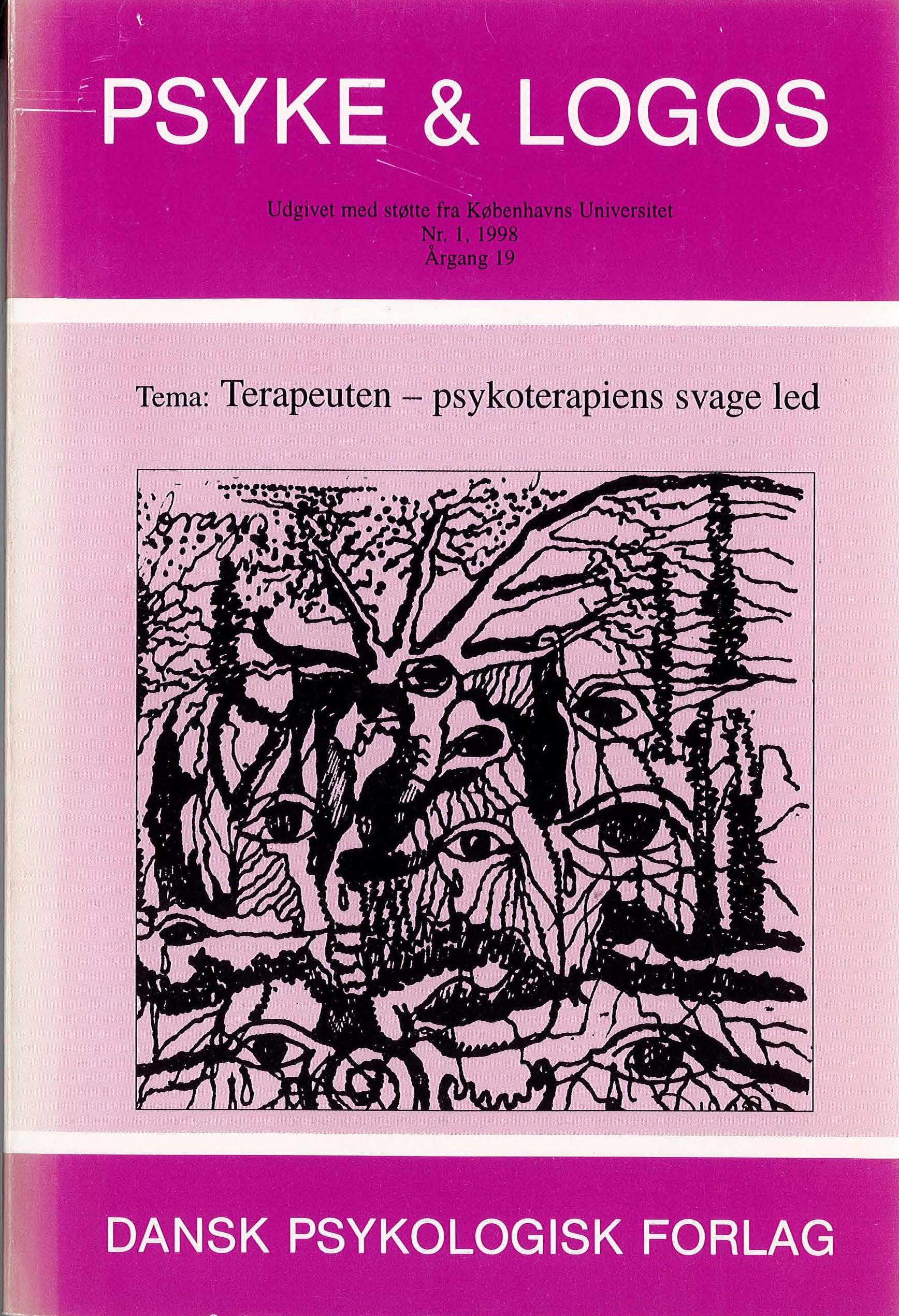PSYKOTERAPEUTENS AUTENTICITET - TERAPIENS AFGØRENDE LED
Om at tage 'at tage klienten alvorligt' alvorligt nok
DOI:
https://doi.org/10.7146/pl.v19i1.133488Resumé
Der argumenteres for det synspunkt, at den primære faglige kompetence i psykoterapi er en personlig kompetence. Den praktiske terapeutiske værdi af en psykoterapeuts teoretiske og tekniske kompetence forudsætter tilstrækkelige personlige færdigheder i at være tilstede i klientkontakten på den terapeutisk relevante måde. At denne kompetence kaldes personlig, betyder ikke, at den ses som en mere eller mindre udefinerbar personlighedsegenskab, der ikke kan læres, men at læreprocessen med henblik på kompetencen er en personlig udviklingsproces. Den primære undervisningsmetode for udviklingen af dette kompetenceaspekt er dermed egen terapi. Den terapeutisk relevante tilstedeværelse ses overordnet som en absolut orientering mod klientens sande interesser, med to afgørende dimensioner ved det personlige nærvær, en opmærksomhedsmæssig og en etisk, stillet til rådighed for denne orientering. Den opmærksomhedsmæssige dimension handler om nærvær med hele sig selv, den etiske dimension om menneskelig ægthed. Autenticitetens afgørende terapeutiske betydning begrundes med det synspunkt, at den centrale problemkerne bag samtlige de problematikker, som psykoterapi har relevans overfor, er en negativ identitetsdanne/se i barndommens socialiseringsproces, forårsaget af voksne nøglepersoners uautentiske identitetsspejling. Autenticitetssvigtet i de voksnes spejling af barnet undergraver barnets tillid til sine egne evner til at kunne skelne falsk fra ægte. Den genintegration af tilliden til disse evner, som ses som terapiens centrale mål, kan kun finde sted i en relation, der repræsenterer en autentisk spejling.
Downloads
Publiceret
Citation/Eksport
Nummer
Sektion
Licens
Ophavsret er tidsskriftets og forfatternes. Det er gældende praksis, at artikler publiceret i Psyke & Logos, som efterfølgende oversættes til andet sprog, af forfatteren frit kan publiceres i internationale tidsskrifter, dog således at det ved reference fremgår, at den oversatte artikel har et forlæg i en dansksproget version i Psyke & Logos. Artikler kan frit deles og linkes til på forsknings- og undervisningsnetværk (så som Blackboard). Link foretrækkes, fordi det giver oplysning om brug af tidsskriftets artikler.




